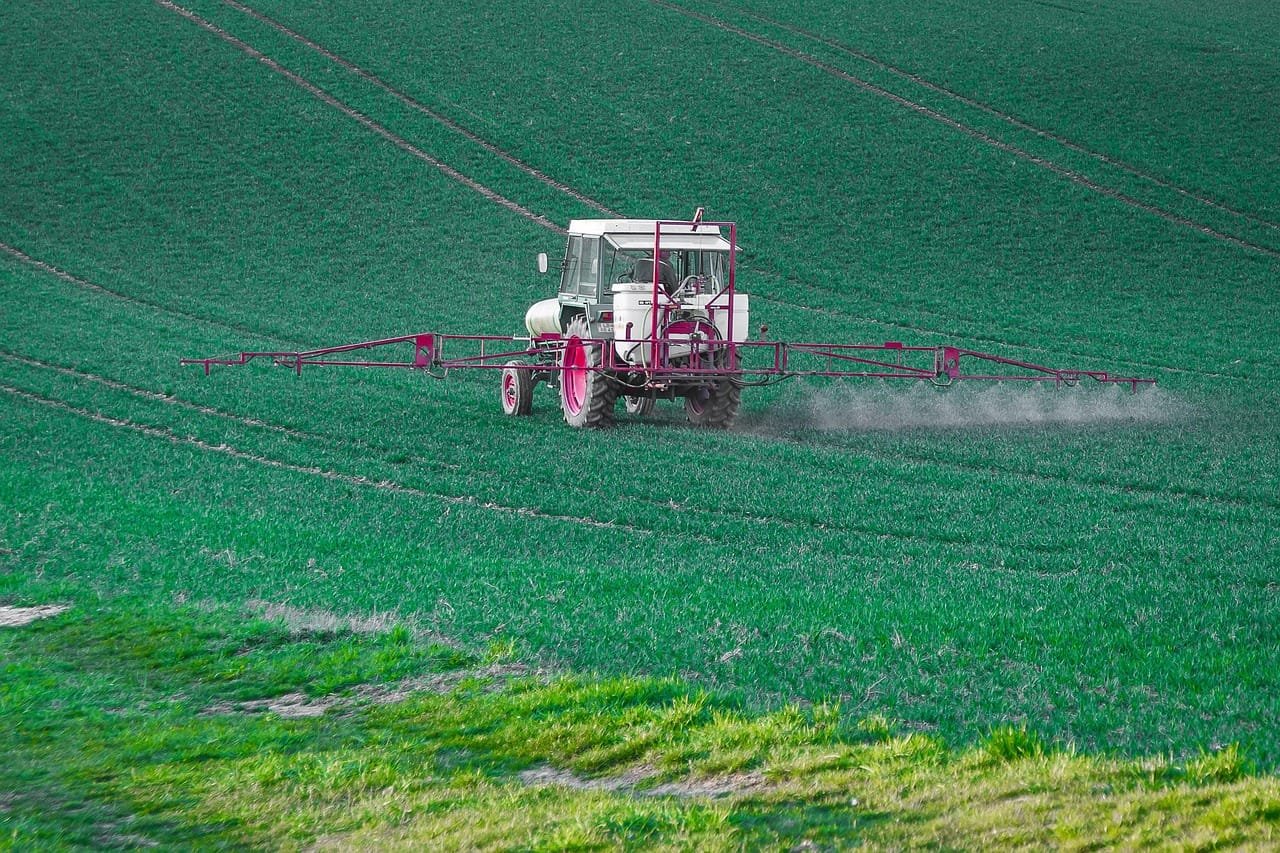Biological Crop Protection Technologies: Innovations, Challenges & Future Prospects

Effective crop protection is essential for global food security and economic stability. The Food and Agriculture Organization (FAO) estimates that pests and diseases destroy up to 40% of global crop yields annually, causing economic losses exceeding $220 billion. While chemical pesticides have long been the dominant solution, their overuse has led to soil degradation, water contamination, and pesticide-resistance pests.
Biological crop protection technologies have emerged as sustainable alternatives, offering targeted pest management with reduced environmental impact, leading to significant market expansion over the past decade. Despite this, commercialisation of innovative crop protection technologies remains hindered, particularly in Europe, due to prolonged regulatory processes. To fully unlock the potential of biological crop protection technologies, regulatory, scalability, and efficacy challenges must be overcome. This article examines the current state, emerging innovations, and the future of biological solutions in mainstream agriculture.
The Shift Towards Biological Crop Protection
Over the past decade, biological solutions have gained momentum, driven by consumer demand for organic produce, environmental concerns, and tightening regulations on chemical pesticides. In 2014, the biological crop protection market was valued at $1.6 billion , less than 5% of the total crop protection sector. Today, its value has quadrupled. Leading agrochemical firms have expanded into biologicals through in-house development, acquisitions, and strategic partnerships. Despite this progress, commercialisation remains challenging, especially in Europe, where lengthy regulatory approval processes hinder market entry.
Key Biological Crop Protection Technologies
The development of biological crop protection has introduced highly targeted, eco-friendly solutions. The first wave included microbial biopesticides such as Bacillus thuringiensis (Bt) and Beauveria bassiana, effective against insect pests with minimal environmental impact.
Botanical extracts like clove oil or pyrethrins and arthropod venoms e.g., spider-venom peptides have also provided plant-derived and animal-derived alternatives with natural pesticidal properties. Additionally, semiochemicals, such as mating disruptors, Straight Chain Lepidopteran Pheromones (SCLPs), have been used for targeted interference with insect reproductive cycles.
More recently, RNA interference (RNAi) has enabled precise pest gene silencing, with companies like GreenLight Biosciences recently receiving regulatory approval to commercialise the technology in the US and Brazil. Despite these developments, scalability, efficacy consistency, and complex application methods remain obstacles to widespread adoption.
Next-Generation Innovations
Future advancements in biological crop protection will harness cutting-edge science to improve reliability and effectiveness. For example, microbial consortia, including bacteriophage cocktails, which combine multiple beneficial microorganisms, are being explored for enhanced pest and disease management. Nano-biopesticides formulated with nanoparticle-encapsulated agents, are being developed to improve stability, targeted delivery, and prolonged efficacy. AI-powered precision agriculture tools such as unmanned aerial vehicles (UAV) will further optimise the application of biological solutions, increasing efficiency while reducing input costs for farmers.
Moreover, researchers are exploring the use of synthetic biology techniques to enable engineering of microbes with superior pesticidal properties. While still largely at research stage, CRISPR/Cas gene-editing are also emerging as promising technologies for breeding pest-resistant crops. However, commercialisation of such genetic engineering technologies may face stricter regulatory scrutiny and public acceptance challenges.
Commercialisation Challenges and Opportunities
With a projected Compound Annual Growth Rate (CAGR) of 12.5% over the next 7 years, the biological crop protection technologies market will continue to expand and innovate. However, bringing these innovative technologies to market will require further efforts and research to address regulatory, scalability, and adoption challenges.
While some jurisdictions have made progress in regulatory developments, Europe’s stringent approval processes remain a significant barrier. Further streamlining of regulatory frameworks, coupled with the development of tailored human, animal, and environmental risk assessment models, will be essential for facilitating regulatory approval and large-scale adoption of these technologies.
Advances in formulation, such as nanoencapsulation, will be necessary to improve stability, enhance field efficacy, and extend product viability. These innovations will demand additional investment in research and refinement to ensure reliable performance across diverse agricultural conditions.
Furthermore, providing agronomic support, demonstrating economic benefits, and introducing financial incentives to can encourage uptake by farmers. Additionally, increased collaboration among industry stakeholders, including trade associations will be key to integrating biologicals into mainstream agriculture.
Conclusion
Biological crop protection technologies have made significant strides over the past decade, offering sustainable alternatives to some chemical pesticides. Moreover, further innovative technologies are anticipated. However, their widespread adoption hinges on overcoming regulatory hurdles, improving scalability, and ensuring consistent efficacy. Continued innovation in key areas, investment, and collaboration among industry stakeholders will be essential to unlocking their full potential and securing a resilient agricultural future.
How We Can Help
At Braintree Innovation & Research Advisory, we offer specialised expertise in scientific evidence gathering to support regulatory approvals, ensuring compliance and seamless market entry. Our rigorous regulatory due diligence helps de-risk investments by identifying potential challenges early. We also assist agri-food companies and investors in scouting cutting-edge technologies, conducting technical feasibility assessments, and developing strategic roadmaps. Partner with us for science-based, data-driven insights that accelerate innovation, mitigate risk effectively, and drive sustainable growth in biological crop protection.

